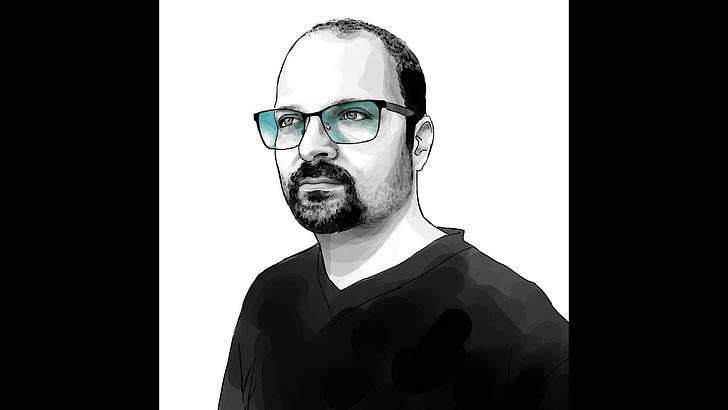I've walked a unique path that has led me to redefine what society often calls "mental illness." As someone who has deep firsthand experiences with psychosis and related circumstances, I believe that our language and understanding of these experiences need a thorough reevaluation.
Let me start by saying that I prefer the term "experience" over "mental illness." I find it more accurate to describe these life moments as the ‘bipolar experience’ or the ‘schizophrenic experience,’ etc. This perspective allows for a more individualized and nuanced understanding of each person's journey. It's about altering perceptions and challenging societal stigma surrounding mental health. I feel that traditional psychiatric language falls short, leading to a sense of alienation and reinforcing harmful stereotypes. In short, for the most part, modern psychiatry and its mental health systems are causing much more trauma than they relieve.
On a deeper level, I have come to understand these experiences as whole-body-soul experiences, not just confined to the brain. A significant realization I've had involves neurotransmitters in our stomach, also known as our body's "second brain." These chemicals play a significant role in mood regulation and overall mental well-being. This underlines the reality that our brains and bodies are profoundly and undeniably interconnected, that there is one system overall with the parts of it being important to work with whilst never forgetting it’s wholeness.
As we move away from the traditional dichotomy between brain and body, I hope we can embrace a more comprehensive understanding of our mental well-being, one that is synonomous with physical health, because it’s all ONE process.
The question then arises: What is the "cure" for these dis-easing experiences? In my view, there is no one-size-fits-all answer. Rather, I propose a journey towards wellness that is as individualistic as each one of us.
In my experience, understanding oneself and following one's bliss is the key to navigating these complex journeys. This is a shift away from the traditional treatment model where we are often seen as passive recipients of help. I suggest that we can play an active role in our healing journey by embracing self-awareness and seeking what brings us joy and fulfillment.
Redefining mental health is more than just changing our vocabulary. It calls for a radical shift in how we perceive and respond to mental health experiences. It's about humanizing the individuals behind the labels and recognizing the profound interconnectedness of our reality.
Throughout this Substack and the “Mental Health Section”, I invite you to join me in this endeavor to reimagine mental health, to focus less on pathology and more on personal narratives and experiences. I challenge us to show empathy and understanding towards those on their deeply personal journeys.
Navigating this new perspective may seem daunting, but it's a journey worth taking. And as someone who has been on this path, I offer you my lived experience, conviction, and compassion as a guide towards a more inclusive, empathetic, and holistic understanding of mental health and perceived mental illness.




